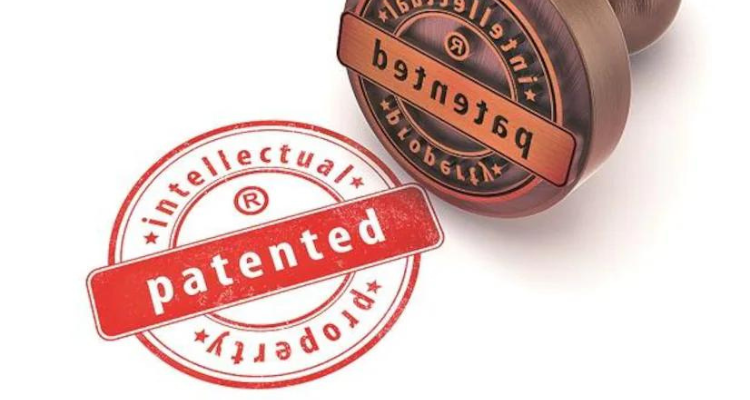
The Calcutta High Court recently dismissed a petition challenging an amendment to Section 53 of the Patents Act, highlighting key shifts in India’s patent law. Justice Sabyasachi Bhattacharyya’s ruling addressed concerns about extending patent terms to 20 years from application, introduced in the 2002 amendment.
Before this, terms varied from 5 to 14 years. The Court emphasized that this amendment aligns with international standards like the TRIPS Agreement, bolstering patent protection and innovation. This article explores the ruling’s nuances and its impact on Indian patent law.
Here’s all that happened:
- The Court highlighted that a patent is not a fundamental right but a statutory privilege, allowing the legislature to grant rights at different stages of the patent process without being discriminatory, thus complying with Article 14 of the Constitution.
- The amended provisions of Section 53, which set the term of a patent at 20 years from the date of application, were deemed reasonable as they prioritize applicants over subsequent ones even before the patent is granted or published.
- The challenge centered on Section 53(1), stipulating the patent term from the application date. The petitioner argued that this contradicted other provisions, as patent rights typically begin upon grant, not application.
- Notably, India is bound by the TRIPS Agreement, which mandates patent protection for 20 years from the filing date, though it allows for longer terms. However, the Court upheld the Parliament’s decision to strictly adhere to the 20-year term.
- Section 11-A(7), granting privileges to applicants between application and publication, was deemed consistent with legislative discretion, as it doesn’t permit infringement proceedings until a patent grant.
- Sections 45 and 53 of the Patents Act, both establishing the patent commencement date as the application filing date, were deemed compatible, and aligned with the TRIPS Agreement.
- The Court found no contradiction between Sections 45 and 53, as they harmoniously ensure a 20-year term from the application filing date.
- The petition was dismissed, affirming the statutory validity of the 20-year patent term set by the amended Section 53, in line with international obligations.
- Legislative decisions to grant privileges at different patent process stages were deemed within the realm of parliamentary authority and consistent with the TRIPS Agreement.
- The Court’s ruling underscores the statutory framework’s coherence in establishing patent terms and ensuring compliance with international agreements like TRIPS.
Read More: Supreme Court, Delhi High Court, States High Court, Other Courts, International




